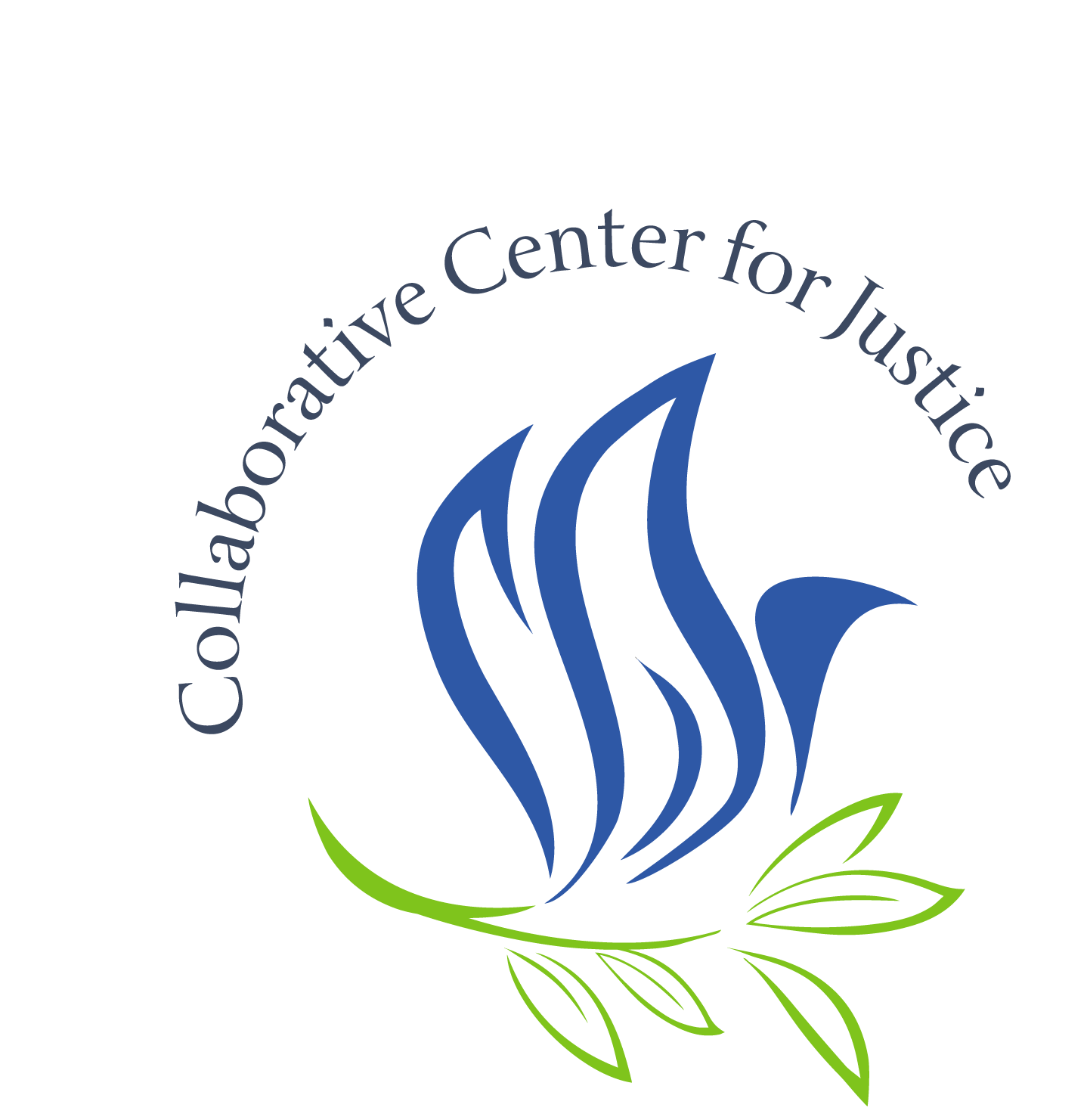
Pope Francis insists that the prevailing Western worldview has produced the climate crisis. The view that humans are here to exercise dominion over the world has led to its degradation. After all, he might say, one cannot care for something and dominate at the same time. We must choose between the two. A major problem he identifies is that environmental degradation is inevitable under our current norms. Another, to which he devotes the second chapter of the encyclical, is that it promotes a false account of what it means to be human. We are, first and foremost, part of God’s creation:
In the Judeo-Christian tradition, the word “creation” has a broader meaning that “nature,” for it has to do with God’s loving plan in which every creature has its own value and significance. Nature is usually seen as a system which can be studied, understood and controlled, whereas creation can only be understood as a gift from the outstretched hand of the Father of all, and as a reality illuminated by the love which calls us together into universal communion [76].
That shift in emphasis, from nature to creation, is the foundation of Pope Francis’ teaching on the environmental crisis. We can only properly understand our humanity when we see that it is embedded in the story of God’s overflowing, creative love.
This is a call to humility. Beneath this call, there is a critique of the over-inflated sense of human capability brought about by centuries of scientific advancement. For the last 300 years, human beings have had historically unprecedented levels control over, and knowledge of, the natural world. This is an undeniable good in many respects: We have a greater shared understanding of disease, natural disasters, and lifestyles that promote health.
Conversely, this level of power and control has led us to become alienated from nature in that we no longer think of ourselves as related to it. Nature, we believe, is “out there,” wholly different from us. It is a set of tools that only have value insofar as they are useful means to our ends. Pope Francis compels us to think of this as unsustainable because our natural resources are finite. It is unsustainable for us to view things this way because in attempting dominate the rest of creation, we invariably do harm to ourselves – starting with the poor and vulnerable – because we, too, are creation.
Environmental justice starts with the clarity to recognize that we are not masters or owners of the world. Environmental justice is inter-generational. We live in a home that we inherited, one that we could never have possibly earned, one that we will pass on. That ought to move us to care for the home with which we have been blessed.
Dwayne David Paul
CCFJ Director



